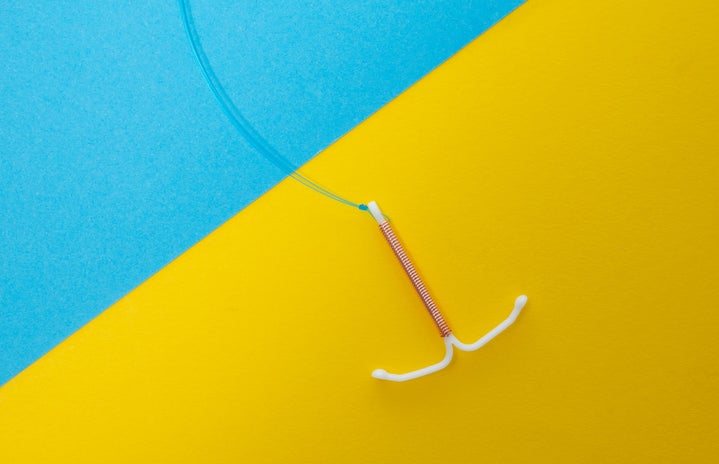IUDs should be offered in schools for free because it increases the ease of access for girls to get a form of contraception. Girls in many households can face stigma related to IUDs and other forms of contraception, as well as being sexually active. Because of this, a lot of girls may feel uncomfortable asking their parents to take them to a doctor or clinic to get an IUD or could face repercussions within their family for doing so. They may instead opt for less effective forms of contraception or use none at all. Even worse, they may turn to unauthorized and untrustworthy sources to get contraceptives. Giving IUDs in school would make it easier for these girls to be sexually active in a safe way.
In addition to stigma and disapproval in their family, girls may not be able to afford transportation to a clinic to get an IUD or be able to afford the IUD itself. Having access to this procedure within the school would make it more likely that girls choose this form of contraception as opposed to none at all.
Setting up a program where girls can get free IUDs will also reduce the stigma associated with using these forms of contraception. By making the conversation and process of getting an IUD more open and accessible, girls may not be as hesitant about using one. It would also increase community support for girls and reduce any misconceptions regarding contraceptives, as anyone with questions would have a safe space that they can easily access. Many of the schools that already offer free IUDs allow students to come in after school hours to get one, which could reduce any fears a student might have of others noticing them going to get an IUD. This would, in turn, allow them to be safer and avoid risking an unwanted pregnancy.

Critics of such a program say that it would encourage younger and younger girls to engage in sexual activity. However, the benefit of these programs is that the school could first see if their student is in the right place to be receiving an IUD. They would perform a health checkup and assess the students’ readiness for this form of birth control.
Ultimately, it would be up to the school to decide whether or not they would provide the student with an IUD. If a student is really young and is asking for an IUD, the school could potentially take measures to ensure the student is in a safe environment and relationship with their sexual partner. Schools are also the biggest source of education for most students, and schools already teach sex-ed and provide feminine hygiene products such as tampons and pads.
While abstinence is constantly preached by schools during sex-ed, it is important to realize that schools should also support and provide as many resources as possible to those who do choose to be sexually active. Schools must acknowledge the fact that many teenagers are sexually active, and should do everything in their power to ensure that they can engage in safe sex.


